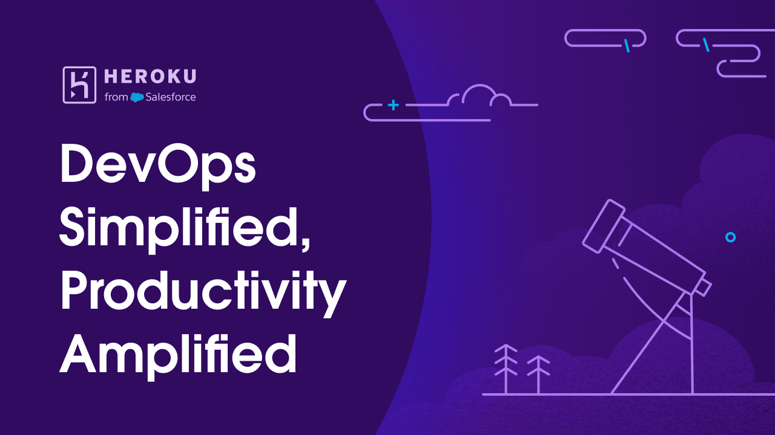Kotlin vs Java: Which is Better for Android Development?
Android development has evolved significantly over the years, and two programming languages dominate the ecosystem: Java (the traditional choice) and Kotlin (the modern alternative). If you're starting a new Android project or considering migrating an existing one, choosing between Kotlin and Java is a critical decision. In this article, we'll compare both languages in terms of performance, syntax, community support, and long-term viability to help you decide which is better for Android development.
A Brief History of Java and Kotlin in Android
Java: The Veteran
Java has been the official language for Android development since the platform's inception in 2008. It’s a mature, object-oriented language with a vast ecosystem of libraries and frameworks. Many legacy Android apps are written in Java, and it remains a reliable choice for enterprise applications.
Kotlin: The Modern Contender
Kotlin, developed by JetBrains, was introduced in 2011 but gained massive popularity after Google announced first-class support for Kotlin on Android in 2017. In 2019, Google declared Kotlin the preferred language for Android development, signaling a shift away from Java.
Key Differences Between Kotlin and Java
1. Syntax and Readability
Kotlin’s syntax is more concise than Java’s, reducing boilerplate code. For example:
Java (Verbose)
java
Copy
Download
public class MainActivity extends AppCompatActivity { @override protected void onCreate(Bundle savedInstanceState) { super.onCreate(savedInstanceState); setContentView(R.layout.activity_main); } }
Kotlin (Concise)
kotlin
Copy
Download
class MainActivity : AppCompatActivity() { override fun onCreate(savedInstanceState: Bundle?) { super.onCreate(savedInstanceState) setContentView(R.layout.activity_main) } }
Kotlin eliminates redundant semicolons, uses fun instead of void, and simplifies class inheritance with :.
2. Null Safety
Java is notorious for NullPointerException (NPE), while Kotlin introduces null safety at the language level.
Java (Prone to NPE)
java
Copy
Download
String name = null; int length = name.length(); // Throws NullPointerException
Kotlin (Safe by Default)
kotlin
Copy
Download
var name: String? = null val length = name?.length // Returns null instead of crashing
Kotlin forces developers to handle nullable types explicitly (String?), reducing runtime crashes.
3. Coroutines vs Threads
Java relies on traditional threading, which can be complex and lead to callback hell. Kotlin Coroutines simplify asynchronous programming:
Java (Thread Management)
java
Copy
Download
new Thread(() -> { // Background task runOnUiThread(() -> { // UI update }); }).start();
Kotlin (Coroutines)
kotlin
Copy
Download
lifecycleScope.launch { val result = withContext(Dispatchers.IO) { fetchData() } updateUI(result) // Runs on Main thread automatically }
Coroutines make async code sequential and readable.
4. Interoperability
Kotlin is 100% interoperable with Java, meaning you can call Java code from Kotlin and vice versa. This makes migration easier.
5. Performance
Both languages compile to bytecode and run on the JVM, so performance differences are minimal. However, Kotlin’s inline functions can reduce runtime overhead in some cases.
6. Community and Learning Curve
-
Java has a larger community and more learning resources.
-
Kotlin is easier to learn for beginners but has fewer legacy tutorials.
When Should You Use Java?
-
Maintaining legacy Android apps (migration may not be worth it).
-
Enterprise applications where stability is critical.
-
Working with teams experienced in Java.
When Should You Use Kotlin?
-
Starting a new Android project (Google’s recommended choice).
-
Reducing boilerplate code and improving productivity.
-
Leveraging modern features like coroutines and null safety.
Conclusion: Which One Should You Choose?
-
Kotlin is the future of Android development, offering cleaner syntax, null safety, and modern concurrency tools.
-
Java remains relevant for legacy systems but is gradually being replaced.
If you're learning Android development today, Kotlin is the better choice. However, knowing Java is still valuable for maintaining older projects.
Want to Monetize Your Programming Skills?
If you're looking to make money with your web programming skills, check out MillionFormula for expert strategies on turning your coding expertise into a profitable career.
Further Reading
By understanding the strengths of both languages, you can make an informed decision for your next Android project. Happy coding! 🚀




Top comments (0)